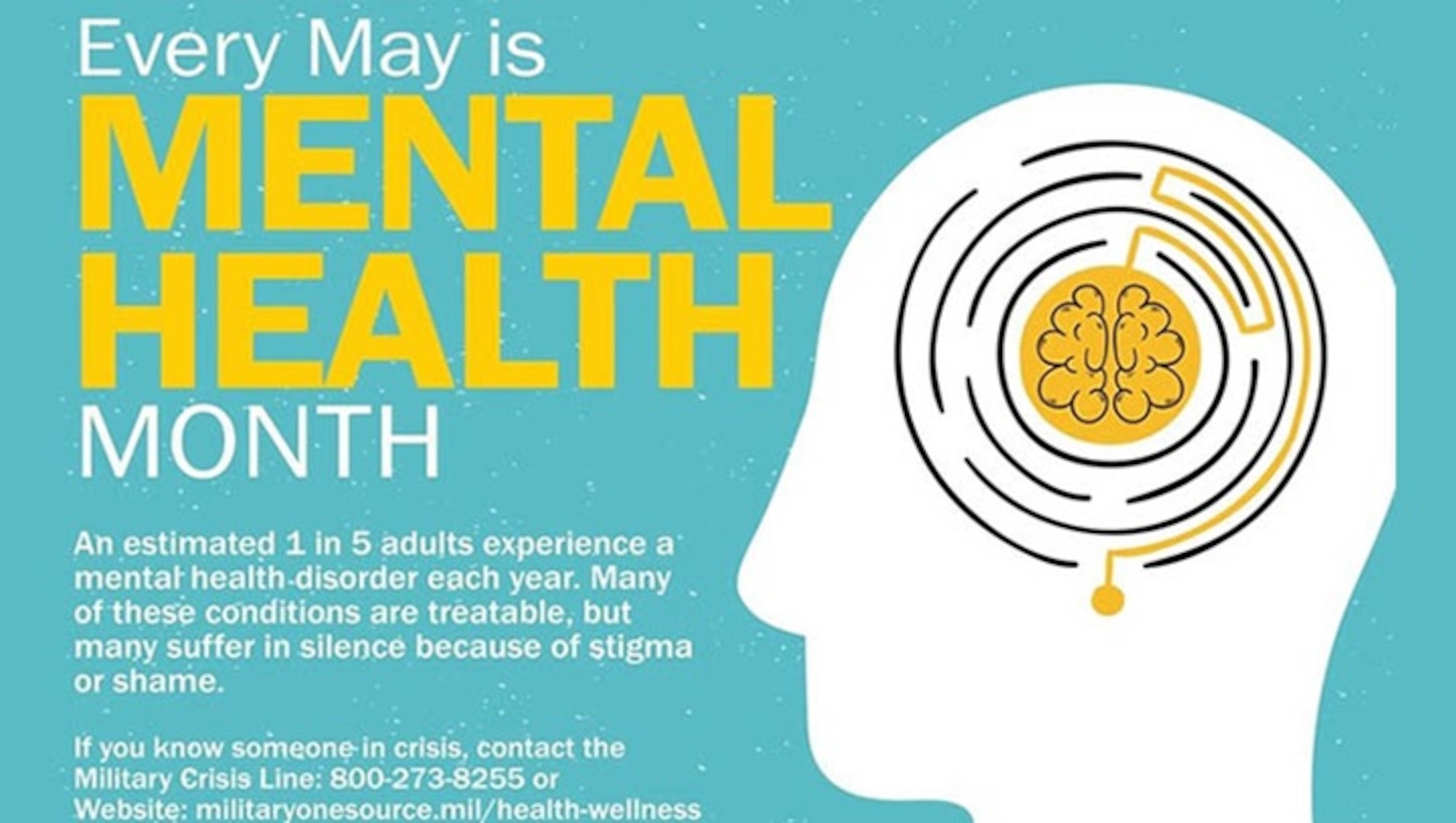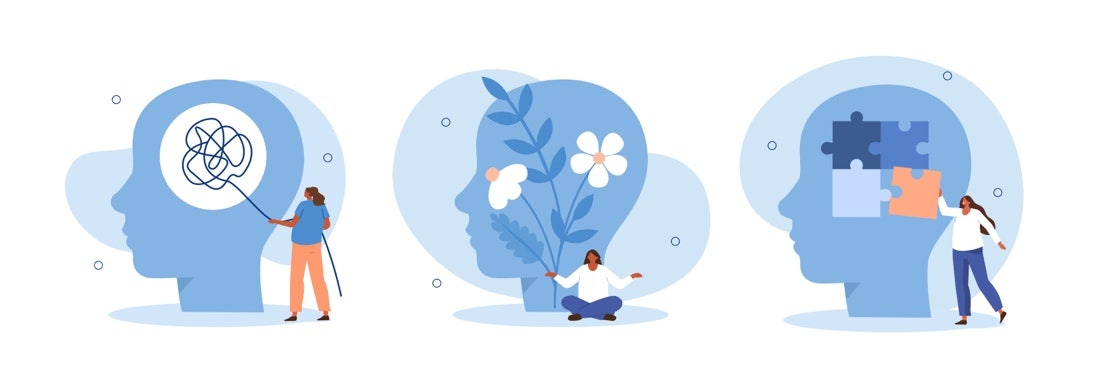Benefits of Choosing Reliable Inpatient Mental Health Treatment
Benefits of Choosing Reliable Inpatient Mental Health Treatment
Blog Article
Comprehensive Inpatient Mental Health And Wellness Services for Effective Treatment
Inpatient mental health solutions stand for a vital element of the healthcare system, providing a structured and extensive environment for people experiencing serious mental distress. Exploring the subtleties of this continuum discloses considerable implications for both individual recuperation and wider mental wellness results.
Comprehending Inpatient Mental Health Providers
Inpatient mental health solutions supply crucial assistance for people experiencing severe emotional distress that can not be handled effectively in an outpatient setting. These services are designed to use an intensive level of care in an organized setting, typically within a medical facility or specialized facility. Clients admitted to inpatient programs generally display acute signs and symptoms, such as self-destructive ideation, severe clinical depression, or psychosis, necessitating continuous monitoring and treatment.
The admission process normally involves a detailed assessment by psychological health experts, that assess the person's psychological state, background, and prompt needs. When admitted, clients take part in a variety of restorative methods tailored to their certain needs, including drug management, private therapy, and team sessions. This holistic technique intends to maintain the client's condition, advertise safety, and foster coping skills.
Inpatient mental health and wellness solutions not just address instant health issues however additionally serve as a bridge to ongoing care. By supplying a regulated setting, these solutions assist in the advancement of treatment plans that can be continued in outpatient setups, therefore making sure a continuum of care and enhancing long-lasting outcomes for individuals with complex psychological health and wellness requirements.
Secret Elements of Effective Therapy
Efficient therapy in inpatient psychological health and wellness solutions makes up a number of essential elements that promote healing and stabilization. An extensive assessment is important to identify the person's details demands and obstacles. This evaluation notifies the advancement of a tailored treatment plan, which functions as a roadmap for treatment.
One more vital element is the multidisciplinary team technique. Partnership amongst psychoanalysts, psycho therapists, nurses, and social employees ensures that different perspectives add to the individual's care, improving the performance of therapy. Evidence-based therapeutic methods, such as cognitive-behavioral therapy (CBT) and dialectical behavior treatment (DBT), are likewise integral, giving structured strategies that attend to maladaptive thought patterns and behavior issues.

Last but not least, an emphasis on aftercare planning is critical to make sure a seamless change to outpatient services, minimizing the danger of relapse and advertising long-term wellness. These cumulative elements produce an efficient therapy structure within inpatient mental wellness services.
Advantages of Comprehensive Care

Extensive treatment in inpatient psychological health services provides countless advantages that considerably improve person end results. One of the primary advantages is the alternative strategy to therapy, dealing with not only the mental signs and symptoms yet also the physical, social, and emotional requirements of individuals. This thorough assessment enables tailored treatments that advertise general wellness.
One more advantage is the assimilation of multidisciplinary groups, which fosters partnership among health care experts. This collective environment makes sure that patients receive coordinated care, reducing the risk of fragmented therapy and boosting interaction among caregivers. Additionally, extensive care facilitates connection of services, enabling seamless changes from inpatient to outpatient setups, which is critical for long-lasting healing.

Finally, the structured environment of comprehensive inpatient care provides a secure room for individuals to take part in healing tasks, assisting them establish coping strategies and resilience. Jointly, these advantages add to a lot more reliable treatment and boosted top quality of life for people experiencing mental health situations.
Evidence-Based Restorative Strategies
In the world of mental health therapy, evidence-based restorative methods play an essential duty in making sure that individuals receive reliable and clinically supported treatments. These methods incorporate the most effective readily available research with professional experience and individual values, promoting a tailored therapy experience that addresses specific needs.
Cognitive Behavior Modification (CBT) is just one of the most commonly identified evidence-based methods, focusing on determining and transforming negative thought patterns and habits. More Info This organized approach has demonstrated effectiveness in dealing with problems such as stress and anxiety, ptsd, and clinical depression. Dialectical Behavior Therapy (DBT) is particularly effective for individuals with borderline personality disorder, emphasizing the development of psychological regulation and social performance abilities.
In addition, drug monitoring is often an integral component of evidence-based treatment, as psychotropic medications can alleviate signs and symptoms and improve total performance. Joint care models, which involve multidisciplinary teams, further enhance the efficacy of inpatient solutions by making certain thorough examinations and continual surveillance.
Inevitably, the assimilation of evidence-based restorative techniques not only promotes positive professional results however additionally equips clients, promoting a sense of company and durability in their mental wellness journeys.
Transitioning to Outpatient Assistance
The shift from inpatient mental wellness services to outpatient assistance marks a critical stage in a client's recuperation journey. This duration needs mindful planning and control to guarantee connection of care and to minimize the dangers of regression or crisis. Reliable discharge planning must commence early in the inpatient remain, involving a multidisciplinary group that includes psychiatrists, psycho therapists, nurses, and social employees.
Crucial element of an effective shift consist of the development of a detailed aftercare strategy tailored to the person's details needs. This strategy needs to describe follow-up consultations, drug management, and restorative treatments, as well as determine area sources and support groups that can weblink assist in recurring recovery.
Additionally, person and family education is crucial throughout this stage. Understanding the indications of prospective troubles and the importance of adhering to treatment can empower individuals and their support group.
Normal follow-up and review of the outpatient plan are necessary to attend to progressing obstacles. By cultivating a collaborative relationship between inpatient and outpatient companies, the probability of continual recovery rises, inevitably boosting the person's lifestyle and lowering the threat of readmission.

Verdict
In summary, detailed inpatient psychological health services supply an important framework for resolving severe psychological distress with a multidisciplinary strategy. By incorporating evidence-based therapies, fostering a structured atmosphere, and advertising family members involvement, these services enhance treatment efficiency. The focus on security and the growth of dealing abilities not only aids in immediate recovery however likewise promotes a smoother change to outpatient treatment. Inevitably, such comprehensive care is vital for long-term mental health and well-being.
The admission procedure generally entails a detailed evaluation by mental health professionals, that examine the individual's mental state, background, and prompt requirements.Effective treatment in inpatient psychological health and wellness services comprises numerous crucial components that foster recuperation and stabilization.Comprehensive treatment in inpatient mental health solutions uses various advantages that substantially enhance patient end results.The shift from inpatient mental health and wellness services to outpatient assistance marks a critical stage in a client's recuperation journey.In recap, comprehensive inpatient mental wellness services offer an important framework for addressing serious emotional anchor distress through a multidisciplinary technique.
Report this page